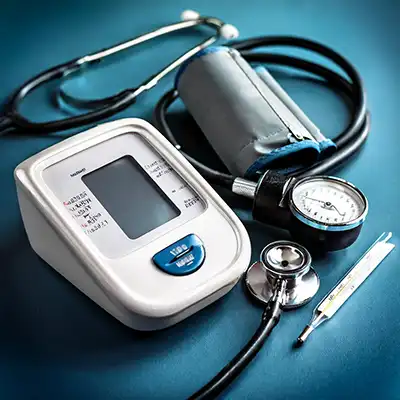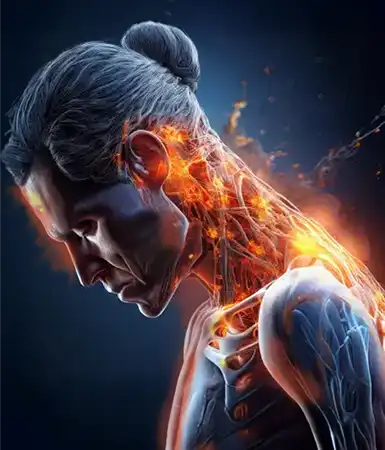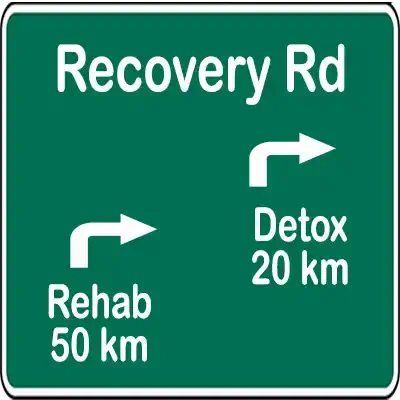Medical Detox Information
Referral Service to
Private Treatment Centers in Canada
Referral Service to
Private Treatment Centers in Canada
Medical detox is a withdrawal process supervised by medical professionals. Often provided by hospitals or specialized clinics. The goal is to safely withdraw a person from the substance of abuse to minimize any life-threatening symptoms. It also reduces any pain or discomfort.
Addiction specialists recommend this step for people who have a physical medical condition that could make a regular detox life-threatening. It is also required for people with severe addiction to alcohol, opioids, and benzodiazepines (Xanax, Valium, Ativan, etc.) and for multi-substance users.
This step, in most cases, will not give sufficient stability for a person to stay drug-free. An effective drug rehabilitation program is strongly recommended afterward to provide the person with a better chance at recovery.

1 888-488-8434
Toll-free Number

Medically assisted detox will only address the physical aspects of drug addiction; it does not deal with the psychological reasons.
This procedure, in some cases, is necessary to manage the medical complications that can occur while withdrawing from drugs or alcohol. Most medical detoxes are done on an inpatient basis.
However, it is possible to undergo an outpatient detoxification if the addiction is not too severe and the withdrawal symptoms are mild.
Patients are monitored by a medical team on a 24-hour basis. Most often, a physician oversees the process, leading a group of professionals that includes nurses, nurses’ aids and sometimes counsellors. The team provides care to the patient during the initial withdrawal process of addiction.
Because each addiction and each person is unique, the treatment in medical detox varies. As mentioned above, the severity of the addiction, the type of drug(s), and the individual’s personal physical health will determine what occurs in detox.
Quitting drugs or alcohol “cold turkey” means stopping a substance abruptly rather than gradually tapering off. While this approach might work for some people, it can also be dangerous. As mentioned above, it depends on the substance, duration of use, and individual health conditions.
For example,

Withdrawal from some mind-altering substances can bring about seizures, extreme muscle spasms, excruciating pain, convulsions, and many other unwanted consequences, including cardiac arrest. To avoid these undesirable consequences, consider a professional detox.

Medical detox is an important first step in overcoming addiction, but it does not address the deeper causes of substance use. Without ongoing treatment, the chances of relapse are high.
Detox or medical detox is just the first step in recovery, a preparation for treatment. It helps the body rid itself of drugs or alcohol. However, it doesn’t address the psychological, emotional, and behavioral aspects of addiction.
In detox, withdrawal symptoms lessen, but cravings and triggers remain, making relapse more likely without further support.
Safety – It reduces the risk of seizures, heart issues, or severe withdrawal symptoms.
Medical Supervision – 24/7 monitoring ensures immediate response to complications.
Symptom Relief – Medications ease discomfort and reduce cravings.
Better Recovery Outcomes – Provides a smoother transition into long-term addiction treatment.
Would you like assistance in finding a medical or regular detox service?